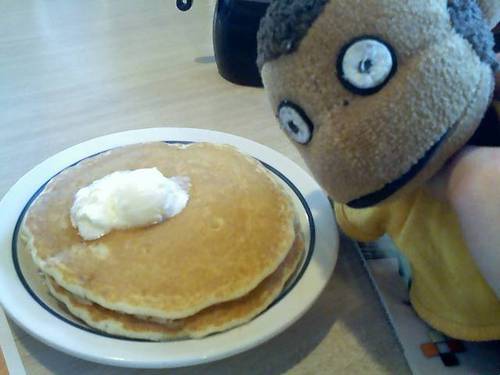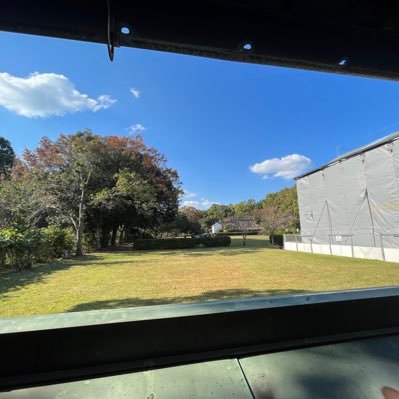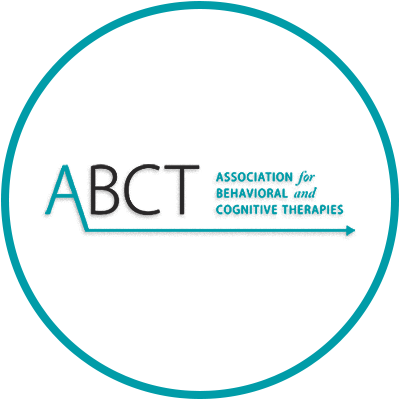
Hyperawareness OCD
@sensorimotorOCD
A page dedicated to helping people struggling with hyperawareness / sensorimotor OCD.
You might like
DM me if you have any questions and I’ll try to answer them here as a tweet so everyone can benefit. No names will be mentioned.
Learning to tolerate uncomfortable physical sensations associated with the hyperawareness is crucial. For example, someone who is hyperaware of their blinking might experience eye pain due to the brain sending faulty pain signals that feel absolutely real.
Thinking about blinking makes you doubt you are blinking normally. Thinking about swallowing makes you doubt you are swallowing the correct number of times, etc…Your mission is to not try to figure out the answers, accept that it may be done incorrectly.
The main components that make us feel stuck when thinking about breathing: 1- trying to figure out how to disengage from the hyperawareness 2- thinking that the noticing “should”not happen because it’s not what we’re supposed to do 3- the accompanying physical sensations
I.A.M technique : I : Identify the awareness A: Allow its presence M : shift your focus in the Moment youtu.be/0kjFbCy_Sio?si…

youtube.com
YouTube
When Your Body Takes Over: Sensorimotor & Somatic Awareness OCD
Once stuck noticing the breath, do not focus on what part of the breathing cycle you are in or think about the depth or rate of breathing. This is compulsive.
There are a lot of thoughts, images, feelings and sensations floating in and out of our temporary awareness. Unfortunately, only those that we refuse to experience persist.
We often wish that we lived in Utopia, a place of perfect harmony. But keep in mind that the word “utopia” was drawn from the greek word for “no place”.
Here in one of @IOCDF lives, someone asks a question about thinking about breathing and here is the response from the experts
Thinking about breathing can be thought of as: • an echo from the street • a blaring horn in traffic • a shout from an alley
Looking for an easy road to recover from OCD is unachievable. Recovery ❤️🩹 dictates overcoming a fear, and the only way to overcome a fear is to face it, and that is no easy endeavor.
Sensorimotor OCD related to Hyperawareness of the urinary bladder and feeling the urge to pee by @atsurvival youtu.be/27-oR7yeLpo?si…

youtube.com
YouTube
The Truth About Sensorimotor OCD Nobody Tells You
Yes, you can recover from sensorimotor OCD.
Q: sometimes swallowing gives me well-being instead of annoyance or anxiety. how to interpret it? A: You don’t need to know the meaning of every specific feeling, sensation, thought 💭 (or any input from the mind). This quickly becomes compulsive.
Q: I have already had this theme before, is remission easier with the event of relapse? A: If you want to know (and therefore you want to be certain) about wether or not this time the obsession will last a long time as it did the first time then you are likely seeking reassurance
"You can’t ‘accept’ for the sake of the symptoms going away. As such, the acceptance is not actually acceptance, it’s another compulsive strategy disguised as a therapeutic technique. " myocdcare.com/sensorimotor
United States Trends
- 1. #FinallyOverIt 5,887 posts
- 2. Summer Walker 18.4K posts
- 3. #zzzSpecialProgram 3,179 posts
- 4. #criticalrolespoilers 4,202 posts
- 5. Wale 33.7K posts
- 6. 5sos 22.5K posts
- 7. #zzzero 34.2K posts
- 8. #GOAI 3,139 posts
- 9. Justin Fields 10.2K posts
- 10. Domain For Sale 13.6K posts
- 11. Go Girl 26.1K posts
- 12. 1-800 Heartbreak 1,530 posts
- 13. Drake Maye 21.5K posts
- 14. Judge 207K posts
- 15. Bihar 284K posts
- 16. Robbed You 4,208 posts
- 17. RIN AOKBAB BEGIN AGAIN 514K posts
- 18. Alignerz 161K posts
- 19. Jalen Johnson 9,363 posts
- 20. GM CT 20.9K posts
You might like
-
 Belinda Gray
Belinda Gray
@BelindaGray20 -
 Harry LJs
Harry LJs
@harry_salmon -
 Saagu Daana
Saagu Daana
@JiMurshad -
 Mohamed Mosaad Hasan
Mohamed Mosaad Hasan
@MohamedMosaadH1 -
 HIM THE GOD (HTG)
HIM THE GOD (HTG)
@Him_The_God -
 Number One One
Number One One
@Aflame4Truth -
 jim 🐴
jim 🐴
@lampoest -
 Charleston 🟧
Charleston 🟧
@sdcharleston -
 Tarun Singhal, MD
Tarun Singhal, MD
@DrTarunSinghal -
 João Araújo
João Araújo
@joao_araujo47 -
 Shane Longman
Shane Longman
@LongmanShane
Something went wrong.
Something went wrong.





































































































